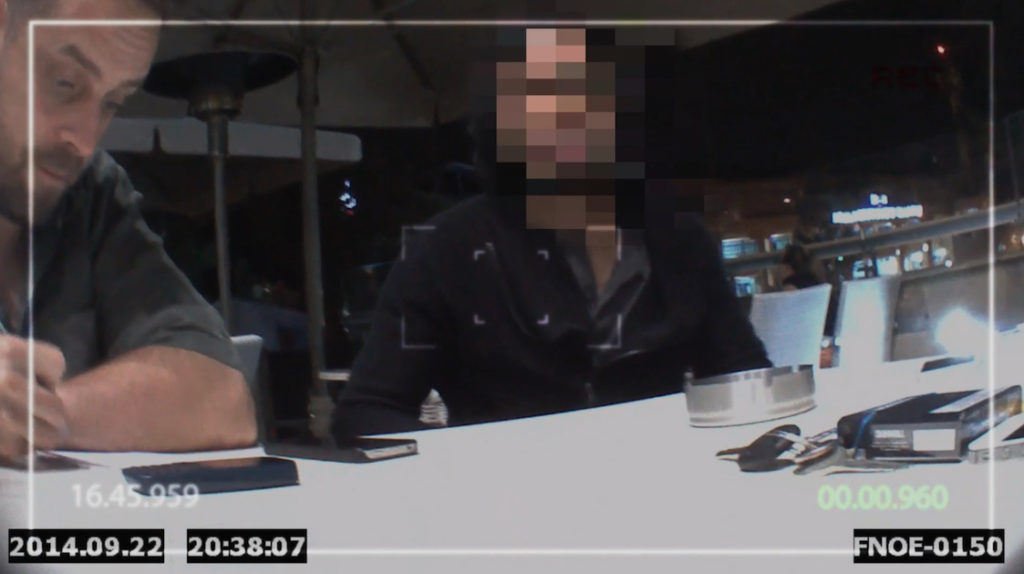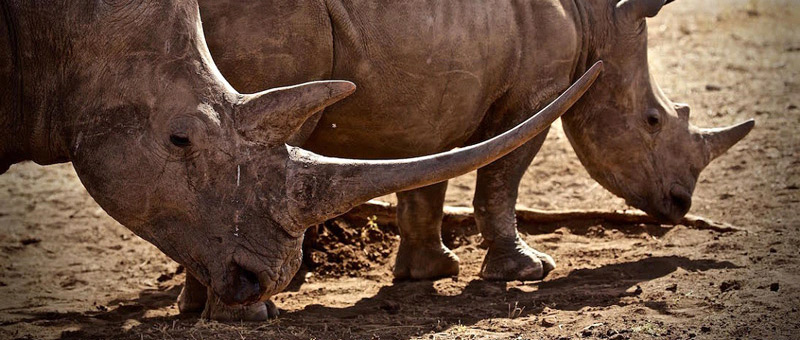There are those who think that corruption is unavoidable, that it’s too difficult to tackle.
But every time we think like this, every time we repeat this phrase, corruption wins.
The elites and their facilitators have been making millions of dollars from illegal logging, ivory and rhino horn trafficking, smuggling of live endangered species such as cheetahs and orangutans, illegal fishing, and the exploitation of natural resources, very often at the expense of poor local communities.
The scale of corruption is mind-boggling, with the World Bank estimating that more than $1 trillion in bribes are paid each year around the world.
It is around every corner and it can infect anyone, from the poorest to the richest, from the bush to banks and presidential palaces.
As an organization working in the field of environmental crime and trafficking, we face corruption every day and we see corruption in every single trafficking case we investigate.

Choke Points and Transit Countries
These exit points also represent potential ‘Choke Points’ that efficient and virtuous governments and law enforcement agencies should target. As professionals, we believe it is crucial to operate and fight corruption at these Choke Points, with the deployment of dedicated inter-agency task forces, and the implementation of special anti-corruption policies and regulations.
Choke Points are also ‘Transit Countries’, through which illicit goods are processed and often laundered on their way to destination countries. Countries like Laos, Vietnam, and Thailand, for example, are not just origin countries for many wildlife products, but also key transit countries for ivory, rhino horn and other illegal wildlife products on their way to China and other Asian countries.
Serious anti-corruption policies and operations in those Choke Points would disrupt the activities of transnational organized crime and traffickers, making it more difficult for them to profit from the slaughtering of wildlife, the destruction of forests or from illegal fishing.



